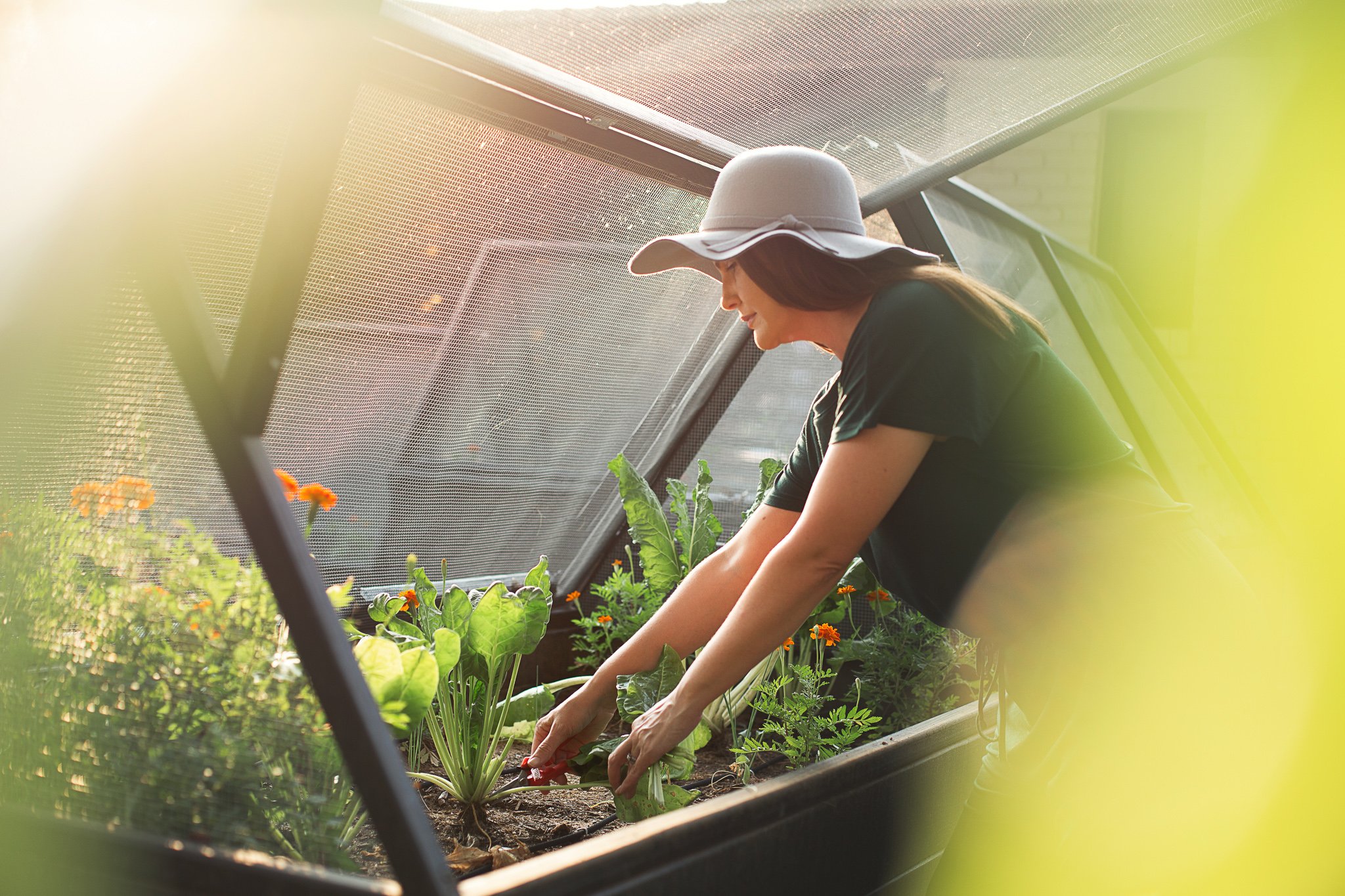The Ultimate Guide to Planting Fruit Trees in Austin's Hill Country: Insider Tips for Your Garden
This page may contain affiliate links.
Click here to learn more
I know I’ve been quite over the last few months! All is well and my photography business has been soaring. As with all things, I’ve been working to try to find a better work/life balance between gardening, family and my strong desire to create beauty in this world. Now that we are in a new year I'm super excited to share some of my personal gardening adventures with you, especially when it comes to planting fruit trees right here in the heart of Texas' Hill Country. If you're as passionate about turning your garden into a mini orchard as I am, you're in for a treat!
what’s the best time to plant?
Let's talk timing first. You've probably felt that unique Austin climate - a mix of "Is it winter today or summer?" Well, for our fruit tree buddies, the perfect time to hit the soil is from January to March. It's that sweet spot where the chill is mellowing out, but the scorching summer sun hasn't yet made its grand entrance. Planting in this window gives our leafy friends a solid head start to strengthen up before they've got to face the Texas heat.
PICKING THE RIGHT FRUIT TREES
Now, onto the fun part - choosing your trees! Not all fruit trees are cut out for our quirky weather, so I've experimented, observed, and now I'm ready to spill the beans on the varieties that just get us:
Peaches: Nothing screams Texas like a juicy peach. Varieties like 'La Feliciana', 'June Gold', and 'Harvester' are my go-tos. They love our vibe here and reward us with the juiciest fruits come summertime.
Plums: Wanna add some purple to your garden? 'Methley' and 'Santa Rosa' plums are your best bets. They're pretty chill about the weather and serve up some delicious plums.
Figs: If you're into low-maintenance gardening (who isn't?), fig trees like 'Celeste' and 'Texas Everbearing' are your friends. They're tough, drought-resistant, and sweet as can be.
Pears: For those of us battling with fire blight, 'Warren' and 'Ayres' pears feel your pain and are here to fight the good fight with you, all while being absolutely delicious.
Pomegranates: Feeling exotic? 'Wonderful' pomegranates add that Mediterranean flair and are surprisingly happy in our warmer spots.
Citrus: If you're in a warmer nook, why not try some 'Satsuma' mandarins or 'Meyer' lemons? Just keep some blankets ready for those occasional cold nights.
WHAT’S NEXT? PRUNING AND BEYOND
Planting is just the start, folks. Next week, I'm going to dive into how we can take care of our existing fruit trees, focusing on pruning. It's not just about cutting stuff off; it's about shaping the future of your trees (deep, I know 😉). Pruning is key to a bountiful harvest, and I've got some tricks up my sleeve to share.
So, whether you're a seasoned gardener with dirt permanently under your nails or someone who's just starting to explore the green world, this guide is for you. Let's transform our backyards into thriving orchards together! And remember, gardening in Austin's Hill Country is all about enjoying the journey, learning from nature, and of course, sharing the fruits of our labor (literally).
Can't wait to see your gardens flourish! Stay tuned for next week's deep dive into pruning, and let's keep growing together.
grab your quick start seed guide
The Seed Sage occasionally links to goods or services offered by vendors to help you find the best products to care for plants. Some of these may be affiliate links, meaning we earn a small commission if items are purchased.
As an Amazon Associate, we earn from qualifying purchases. More info on our process here.
SEASONAL, GARDEN-TO-PLATE RECIPES
need more help
WANT THE GARDEN OF YOUR DREAMS?
Let us help you design and install your 2022 Kitchen Garden!













Gardening in Central Texas, specifically in zones 8b and 9, presents a unique opportunity for growing a variety of flavorful and healthful crops. Among these, garlic and shallots stand out as excellent choices for both novice and experienced gardeners. Here’s why you should consider adding these culinary staples to your garden.